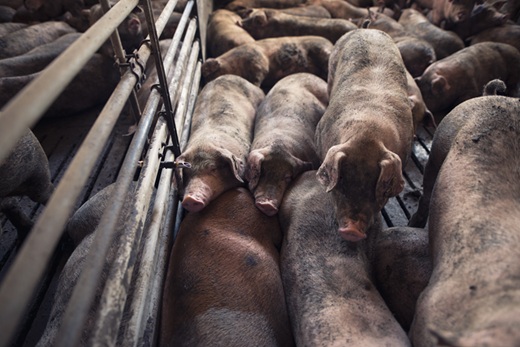Pork is a staple protein in Thai households and plays a crucial role in the nation’s food security, supporting over 100,000 farming families and providing employment for millions. However, the growing push to open Thailand’s pork market to imports, particularly from the United States, threatens the integrity of this vital industry.
A Thai swine farmer, who wished to remain anonymous, warns that U.S. pork is produced at a much larger scale and lower cost, putting the livelihoods of over 145,000 to 190,000 Thai pig farmers—many of them smallholders—at risk. "If U.S. pork gains unrestricted access to our market, tens of thousands of Thai farmers could be forced out of business," he cautions. Such a shift would disrupt not only the farmers but the entire agricultural value chain, impacting rural economies and communities.
While advocates of trade liberalization argue for short-term consumer savings and diplomatic benefits, the long-term costs could be severe. History has shown that over-reliance on imports leaves nations vulnerable to global supply shocks, price instability, and loss of disease control.
In an era of global trade, it’s easy to overlook the crucial role of domestic producers. But true food security is rooted in the ability to produce and supply food from within. Thai pig farmers are the frontline defenders of the nation’s food stability, ensuring the country can feed itself, meal by meal.
To ensure a resilient, self-sufficient food system, policymakers must invest in local agriculture—strengthening veterinary health systems, modernizing smallholder farms, and fostering competitiveness. Empowering the farmers who dedicate their lives to feeding the nation is essential.
A nation that cannot sustain its own food supply risks its future. Thai pig farmers are at the forefront of preserving the foundation of Thailand’s food security.
Read more: Click!
June 28, 2025













